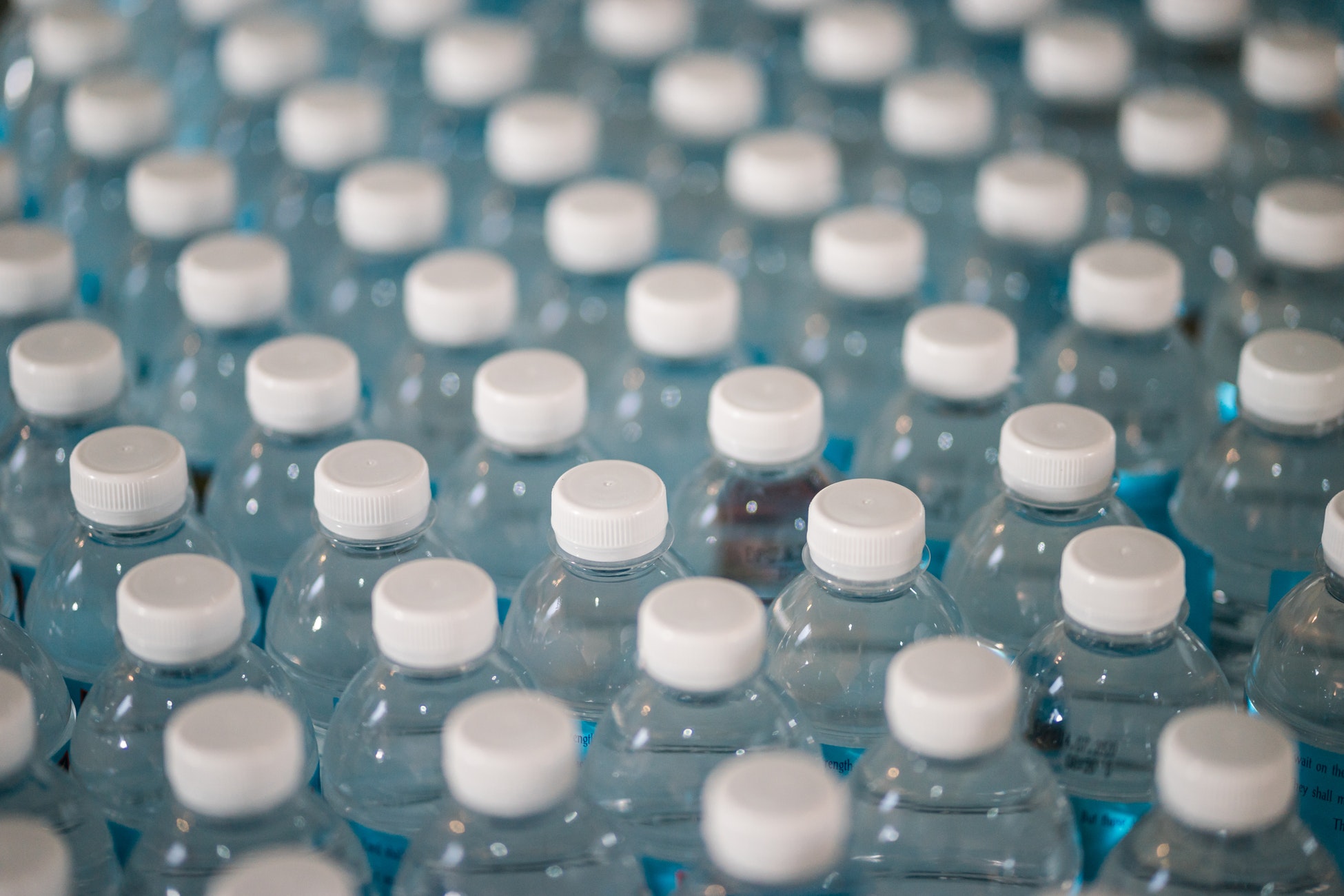The war against plastic has come to a head, thanks in part to David Attenborough and the astounding Blue Planet. Supermarkets have been exposed for their use of 59 billion pieces of plastic a year, Earth was labelled as ‘Planet Plastic’, and National Geographic found that 91% of plastic isn’t recycled.
It goes without saying that we all want to reduce the impact of plastic on the environment – but it is less easy to decide how to do so.
In today’s digital age, technology is continually evolving, so the question now is what is it doing to support us in making our planet more sustainable, and what more can it do? Further to this, what can businesses learn from others leading the way so far.
The general public are adapting and doing what they can to reduce their use of plastic. Last summer, single-use plastic bag sales fell 86% since the introduction of the 5p bag charge. As well as this, there are emerging innovations such as ‘plastic’ made from wood, but there is still work to be done, especially by businesses who hold significant power. It is the responsibility of businesses to continue the effort by supporting, introducing, and collaborating on new ideas.
So what are some of the initiatives being done, that drives forward technology as a key enabler for change? We look at some examples below:
USING A CIRCULAR ECONOMY MODEL
A circular economy model provides businesses with the opportunity to minimise energy leakage and waste through design, repair and upcycling, as well as maintaining the quality of materials at all times. In an industry first, the London Waste and Recycling Board launched its Circular Economy Route Map. The map acknowledges the large role the London boroughs play in accelerating the growth and development of the circular economy across the capital, and it sets out an ambitious plan of action.
Supporting innovation within the low carbon economy and developing the start-up ecosystem are core pillars of the Mayor of London’s Environment Strategy and Economic Development Strategy. This circular economy model embodies these values as it provides an opportunity to nurture London’s start-up businesses, and at the same time, helps to integrate a low carbon economy.
SUPPORTING ENTREPRENEURIALISM
In 2017, a dead sperm whale found on the coast of Indonesia was said to have ingested ‘6kg of plastic’. Constant news like this has pushed students and other young people to take matters into their own hands. A team of undergraduate students grew closer to combating the environmental issue of ocean plastic. They developed a technology that could filter hazardous micro plastics from wastewater before they enter the ocean.
These students won the Faculty of Natural Sciences Make a Difference Competition as well as £6,000 in funding for them to further develop their idea. Other businesses need to follow suit and support and nurture efforts to achieve advancements in innovation that could help undo some of the damage done to the environment.
INNOVATIVE APPROACHES
The food industry has been one of the main drivers in the deterioration of the environment and the annihilation of wildlife. The biggest culprit is the meat industry, which has surpassed the oil industry as the world’s biggest polluter.
This bad news has prompted people over the world to consider how they can lessen their impact, and Finnish researchers have gone one step further. They have investigated the possibility of eating animal products, whilst concurrently taking animals and plants entirely out of the equation. Scientists have found a way to develop food protein from a mixture of bacteria, water, solar-powered electricity, carbon dioxide, nitrogen and small quantities of minerals.
It is increasingly becoming clear that there are ways around these huge issues, it just requires persistence and thinking in different ways to come to these solutions.
THE WORLD AS A SMART CITY
Plastics were once an easy and cheap way to boost and enhance the economy, whilst keeping up with customer demands. However, in creating so much plastic, we have also created a problem for ourselves that we urgently need to clear up.
In cities, pollution has grown to the point that over 80% of the world’s urban population is breathing air that fails to meet World Health Organisation guidelines. Statistics like this have prompted cities to restructure. If businesses do not act faster, the environmental epidemic will only stand to worsen, but it is reassuring to see that there are already some companies and individuals spear-heading the efforts to achieve change.
The reach for a more sustainable day to day life is starting – Singapore, Barcelona and Oslo are just some of the world’s leading smart cities. A Smart City is an effective integration of physical and digital systems in an already-built area. Smart Cities are seemingly becoming the right way to go to support a more sustainable day to day life as they utilise data and learn to act from it accordingly.
Connectivity is a huge enabler when it comes to helping smart cities to continue to run effectively. The benefits of Wi-Fi go beyond being able to access the internet. Wi-Fi can be used to re-route traffic, monitor pollution, conserve water and keep cities safe. For example, in Oslo, to lower street light operating costs, but maintain residents’ safety, their lighting combines data about traffic and weather to decide when to light the area.
Businesses must encourage and welcome innovative start-up companies, help push changes in how we power technology. They must also strive to ensure we use the data we produce to make smart and sustainable decisions.
This well thought out technology, combined with cultivation, innovation, and the right skills and people at the heat of the digital world could be enough to combat environmental devastation.


